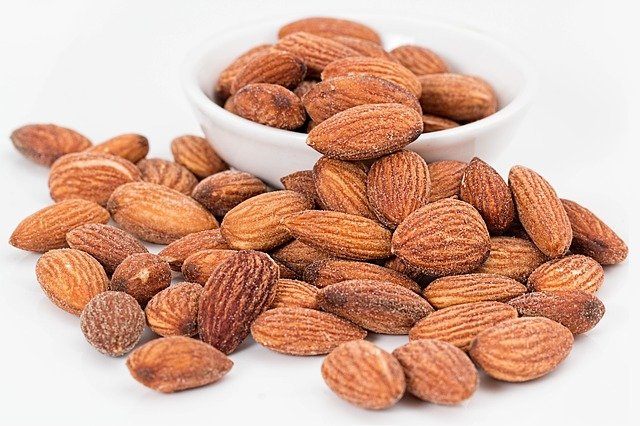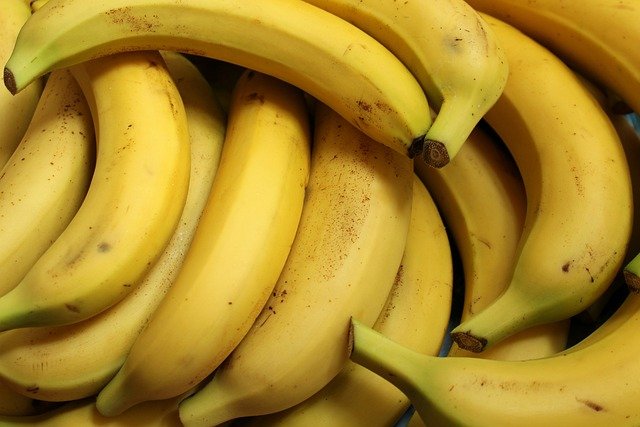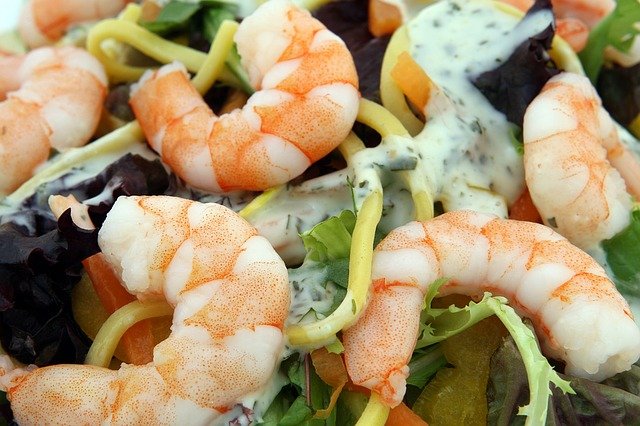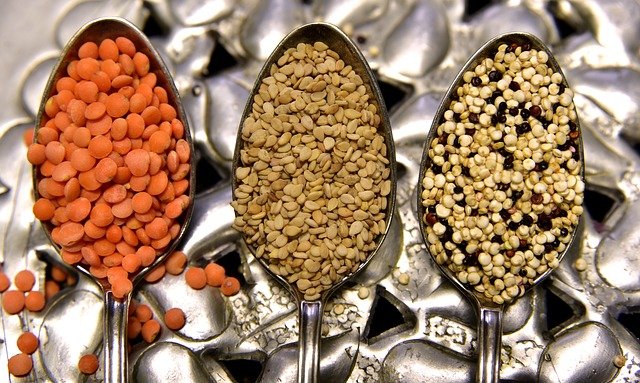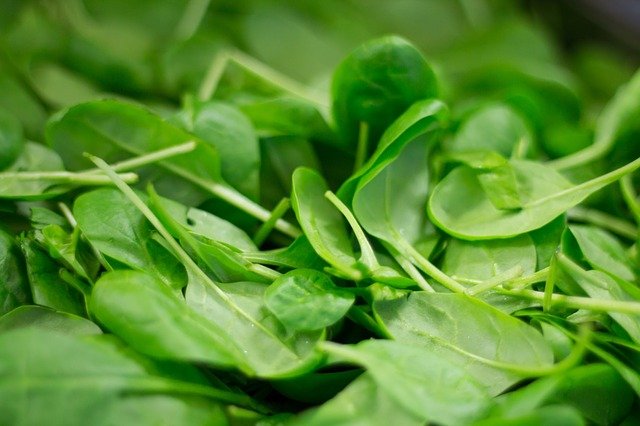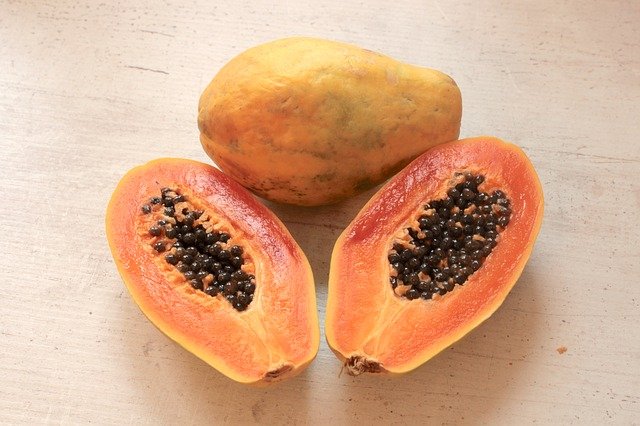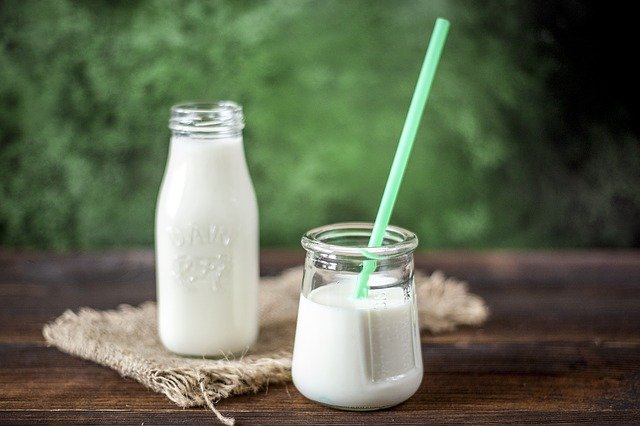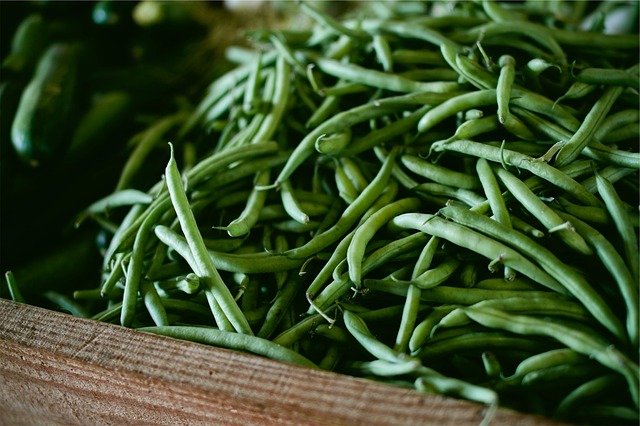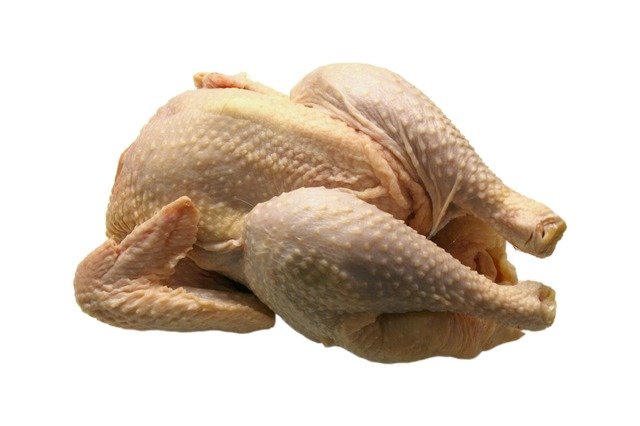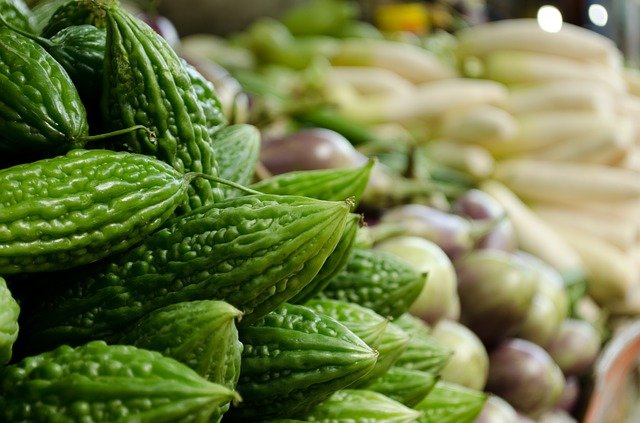10 Best Foods to Prevent Basic Food Deficiencies
7 minuteRead
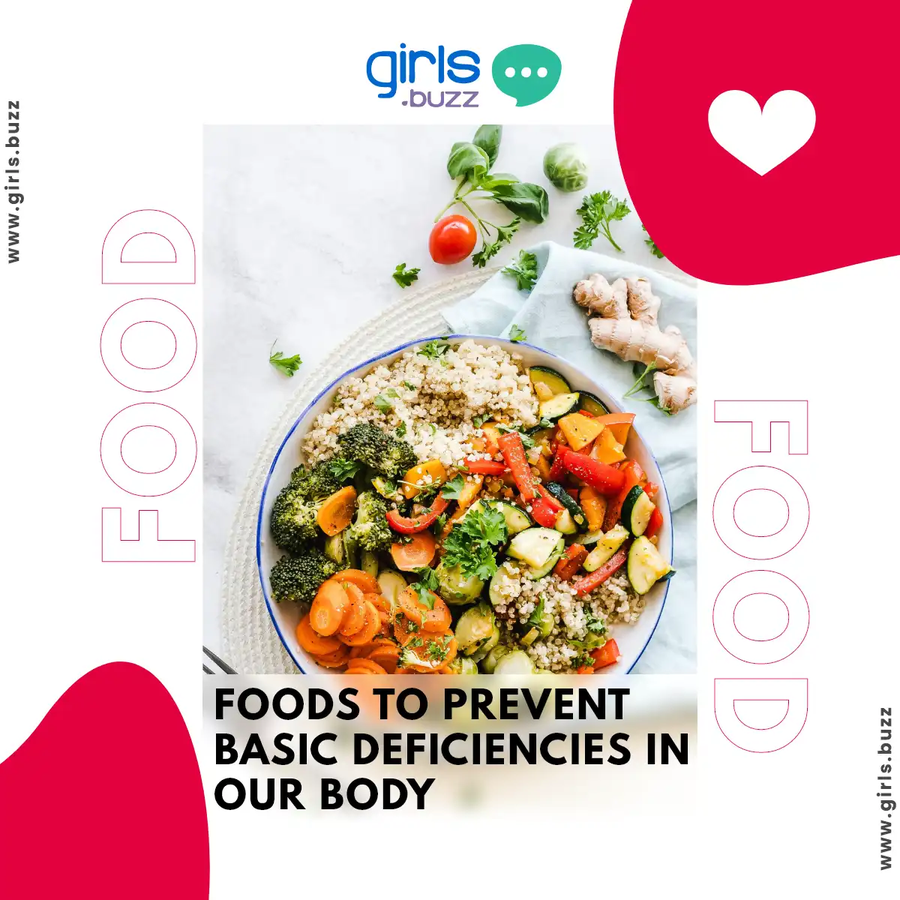
Food Deficiency is common but not good for your health. So, instead of depending of tablets, you can rely on some food types that will help you deal with this health issue. Read on to find out the best.
Do you feel you have some food deficiency? It is quite a common issue. Not just in India but worldwide. It's not possible for one food item or group alone to provide us with all the essential nutrients that our body needs.
Call it micronutrition, undernutrition, or malnutrition. In some or the other way, around 60% of people are consuming inadequate nutrition. This is what this study by the US National Library of Medicine has to say.
So, it is crucial to maintain a healthy balance between different foods which contain various types of nutrients – proteins, carbohydrates, fats, vitamins, minerals, or anything.
1. Almond
Almond, the core of celebrating Almond day. The royal ingredient in any Indian dessert. Do you know you can have a lot out of almonds?
Apart from increasing the high intellectual level and longevity of the brain. No wonder why our parents and grandparents recommend us to have some every day. Now, what all food deficiencies does it tackle?
Almonds are rich in essential fatty acids, fibers, and proteins. Yes, protein is one of the best qualities that make Almonds unique for people who lack protein in their bodies.
Those dealing with calcium deficiency must also consume almonds as they have an ample amount of calcium —best for people with arthritis and any other bone-related issues.
What else? You can get potassium out of it, which is fabulous for increase blood circulation levels. It has an incredible formula for the skin because its oil has an impressive vitamin E amount. So, you see how magical this seed is?
2. Banana
Bananas can be the best thing to eat if you are on a diet. It is rich in carbohydrates, potassium, and fiber. If you ask for the specifics, a medium-sized banana has around 105 calories, 1.3 gm protein, 3.1 gm fiber, and 24gm carbohydrates.
You will be amazed to know that bananas are fantastic for vitamin consumption. It has about 33% Vitamin B6, 11% vitamin C. Besides that, it has a nice amount of minerals such as potassium, magnesium, and copper.
Now, as we are talking about bananas, let me debunk a myth. We often consider bananas as an essential item for weight gain. But the truth is, bananas are super-rich in good fats— the type of fats we need for our body.
3. Seafood
Blessed are the people living in the coastal areas. Not just because of the scenic locations they get to witness but because they get to have fresh Seafood. Now, do you know, Seafood is the best source of iodine, a component of your thyroid hormones?
Shrimp is rich in omega-three acids, dietary fibers, vitamins, and potassium. So, not just some sharp taste but exotic nutrients as well. Prawns are great for water retention. They are promptly related to shrimps and have a lot of excellent nutrients.
Talk about Seafood; how can we forget tuna and salmon? Tuna is rich in proteins, whereas salmon has more omega three acids. Besides that, Crab and clams are again a great source of protein and anti-aging properties.
4. Lentils
No matter where you live in India, I am sure lentils are one staple food you have in your diet. If not daily, then about three times every week. For those who don’t like it or avoid consuming lentils, people, you are most probably dealing with a lack of high fibers.
No problem! Here is your solution. Lentils are rich in proteins and soluble fibers. They also have a low glycemic index which means they will not cause your blood sugar to spike rapidly compared to other high-carbohydrate foods such as potatoes, rice, or wheat.
Why do you think many health experts and dieticians recommend you to have more lentils? It is the perfect source of nutrients to bid Goodbye to most food deficiencies.
Lentils make for the perfect meal if you're trying out intermittent fasting too!
5. Green leafy veggies
Green leafy veggies are very famous among health-conscious eaters. They have a lot of iron that is needed for healthy blood cells.
No matter what amount you choose, spinach is your stream of vitamins K, vitamin A, vitamin C, vitamin E, and vitamin B2. Also, calcium, potassium, zinc, and fiber are what make this rich leafy veggie good to go for any diet-conscious person. You may be one of them.
Other excellent green leaves are mint, coriander, and parsley. They are rich in antioxidants and vitamins that can prevent heart diseases, so it is better to eat them. And let’s face it, they offer a great taste to our foods too.
Talk about leafy veggies, how can we forget sprouts? They are rich in protein and vitamins, specifically vitamin A, K. Moreover, you get to uncountable minerals, fibers, and whatnot.
6. Papaya
How often do you deal with digestive issues? I know most older adults and sometimes adults as well face issues like constipation and food poisoning. Quite common. So, what is the ayurvedic solution? It’s papaya.
Papaya has digestive enzymes and potassium. It also contains folate, which helps in preventing congenital disabilities if consumed during pregnancy. Other papaya nutrients include vitamin C, beta-carotene, and vitamin E.
7. Dairy products
Dairy products are a must-have for every person, but it is better to go with low-fat milk to keep the portion in control. For vegetarians, it becomes challenging to have protein via apparent sources. So, you can have more dairy products in your diet to deal with that deficiency.
Cheese is a fantastic source of minerals and vitamins like calcium, magnesium, and zinc. Paneer, a mild cheese made from curdled milk, offers a rich source of protein, calcium, and other minerals. And the list goes on and on.
Try out different recipes and experiment with consuming Chicken or poultry altogether.
8. Beans
Another thing that can prevent your body from getting deficient in minerals is beans. Beans have several nutrients like iron and zinc, which you might not get enough from other sources. So, include it in your diet often to be on the safe side.
Here we are talking about green beans, red beans, white beans, black-eyed peas, and even soybeans. Moreover, each type of bean will help you come up with different nutrients. Wanna know some? Here is what you can have:
- Green beans: Rich in vitamin K and vitamin C. It's low in calories, low in sodium level, and has serrated fat.
- Kidney beans: These pulses are high in fiber content, best for fasting. It has a significant amount of glycosylated blood proteins, which increases your hemoglobin A1C and fructosamine. In other words, it's an improved blood miracle.
- Black beans: Black beans are rich in proteins and are best for your daily protein requirements— the best option for vegans.
These are just examples to show you how different types of beans have other nutrients. So, why not have most of them in your diet and avoid food deficiencies?
9. Chicken
Who doesn't love Chicken? Well! The answer is obvious, vegetarians and vegans. But Chicken is a beautiful food to consume in your diet, especially when it is doctor recommended.
We know Chicken is an excellent source of protein (Like THE BEST). But how many of you know each chicken part has its specialty? Let me tell you. Chicken breasts are rich in low fats with zero cards. Boneless Chicken has 239 good calories with 14g fat and 27g protein. Whereas as you move to more bone chicken, the number of fat increases.
Chicken and turkey breast have easy to absorb iron, zinc, and vitamin B12. Plus, they contain selenium and omega-three fatty acids for a boost in energy! Are you on a diet? Have Chicken for more dietary fibers and strengthen your muscles like nothing else.
10. The Gourds family
Our body is made up of 70% water. It helps in cleansing our body and function properly. Not just for our digestive system but more. Do you think all the food you intake and no matter how much water you drink covers up your water requirement? Maybe not. So what to do if you have water deficiency?
The solution has more gourd foods.
When we think about gourds, bottle gourds are what come to our mind. Well, this is not the only thing. There are other types, such as cucumber, bitter gourd, squash gourds, and much more.
Just like beans, each gourd has different types of nutrients in it. Here are some examples to look at:
- Bottle Gourd: Rich in dietary fibers that help maintain the digestive and dietary track of your body. It is also rich in vitamin B and C combined with other antioxidant actions.
- Bitter Gourd: Bitter gourd is best known to improve your blood circulation level. It controls sugar levels and boosts immunity at its best. It has an excellent amount of Vitamin C and antibiotic properties.
- Pointed gourd: This one is well known for its properties in vitamin A and C and large amounts of antioxidants.
Do you see? How do these fantastic hanging veggies offer so many nutrients?
Conclusion
Having food deficiency is quite normal but definitely not good for your health. So, what you can do is avoid consuming one group of foods or just your favorite food because you never know what you would need to have next.
However, if you are dealing with food deficiency, it's better to consult a doctor before experimenting at home. Only an expert can tell you what food you need to consume to keep your diet on track.
Write, Record and Answer! Consume Unlimited Content! All you need to do is sign in and its absolutely free!
Continue with one click!!By signing up, you agree to our Terms and Conditions and Privacy Policy.




